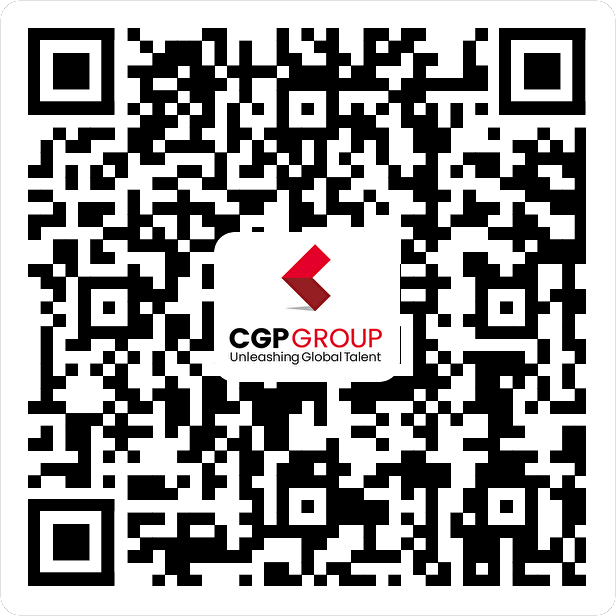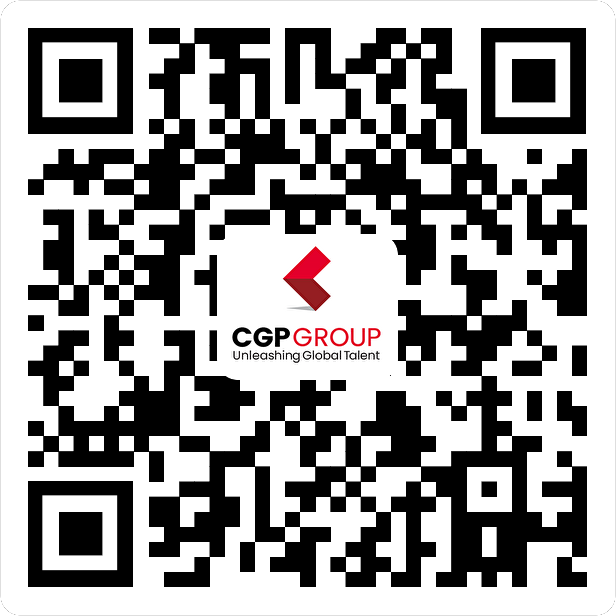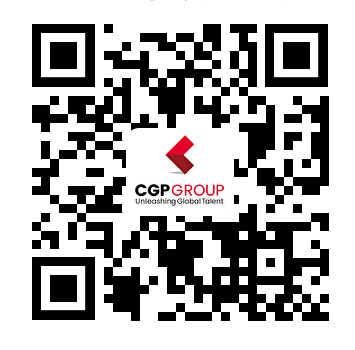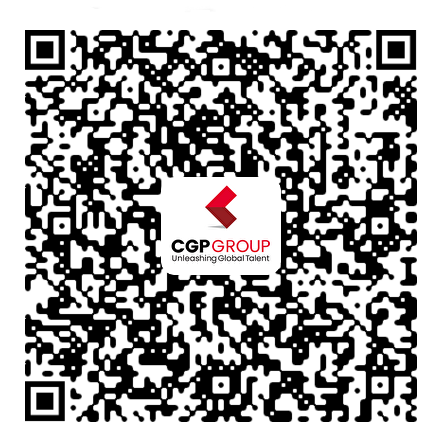Powered by WEBFOSS
CGP Insight | Will loose epidemic prevention policies affect the bio-pharmaceutical industry?
With the continuous development of the new coronavirus epidemic, the global medical and health industry will face more challenges in the future. The competition in the market is becoming more and more fierce, and the supervision is more strict. Because of the continuous impact of the epidemic, the contactless medical needs are more and more extensive. Medical and medical insurance institutions begin to pay more and more attention to digital health, network security and patient data review, and the customer-centered service integration in the industry is further improved.
Multiple emerging technologies will be adapted to healthcare industry
In 2022, with the repeated impact of the epidemic, the digital transformation of the industry entered the fast lane, and more and more non-contact medical experiences were online, which brought patients with more intelligent and convenient medical experience. At the same time, with the progress of digital medical treatment, the user ’ s medical data had a more optimized presentation. With the patient as the core, the customized medical service improved the participation of patients. Through big data, medical institutions can better understand the social determinants of health through the whole patient method, so as to better achieve integrated health.
The application of 5G and Internet of Things has greatly improved the development of real-time medical data and smart medical and brought more flexible working mode for medical management. The whole medical industry in the epidemic environment, continue to obtain capital hold, the whole industry has also been an unprecedented speed, digital and intelligent process to speed up, more and more new technologies are operated to the clinical diagnosis and medical process, bring patients better medical experience.
Digitalization Accelerates the Transformation of Medical Industry
It is predicted that in 2022, the digital transformation of the whole industry will be further accelerated, the links between offline scenes and online platforms will be deeply integrated, the physical hospital and the Internet hospital will be seamlessly linked, and the offline pharmacy and medical e-commerce will develop interoperability. At the same time, patient-centered personalized medical and medical services will continue to innovate, bringing convenient experience throughout the life cycle.
At the same time, the medical and pharmaceutical industry will strengthen the construction of cloud data, the storage and use of medical service data, the research and development of drugs, and the production logistics, all of which will be rapidly integrated into cloud computing technology. Different from previous storage, the future medical data management will cover the functions of computing, linking and sharing. The division of labor in the industry will be further refined, the old model will be eliminated, and a more integrated and efficient business model will rise.
Aging trends create new demands for healthcare industry
With huge talents and capital pouring into the health care industry, the competition between enterprises and talents is increasing. The new track will achieve lots of enterprises and will also eliminate a number of enterprises. In the process of enterprise competition, high-end medical talents are the underlying logic of enterprise development, and also the core of forming industrial competitiveness.
According to CGP Group marketing insights that not only because of the epidemic, as the domestic aging cities continue to emerge, the future development prospects of the medical and health industry is broad, the development cannot do without valuable talents. In the tuyere of rapid development, the shortage of talents has become increasingly obvious. The ideal talents of enterprises need innovative ability, cross-border ability and learning ability. Help enterprises to complete the transformation of digital medical, while strengthening the advantages of intelligent and personalized services, for talents, to absorb more cross-disciplinary knowledge, conform to the current industry constantly updated pace of development, become high-end medical talents pursued by enterprises.
Talents in traditional medical and health industries generally pay more attention to academics than management, and it is difficult to integrate into the current emerging intelligent medical system. At the same time, foreign managers lack experience in the industry, and they are not satisfied with the situation. Behind the barbaric growth of capital, it is the lack of professional knowledge system in the industry that leads to limited vision and the integration of the three elements, which leads to the dilemma of the lack of talents in the current medical industry.








 京公网安备 11010502051067号
京公网安备 11010502051067号